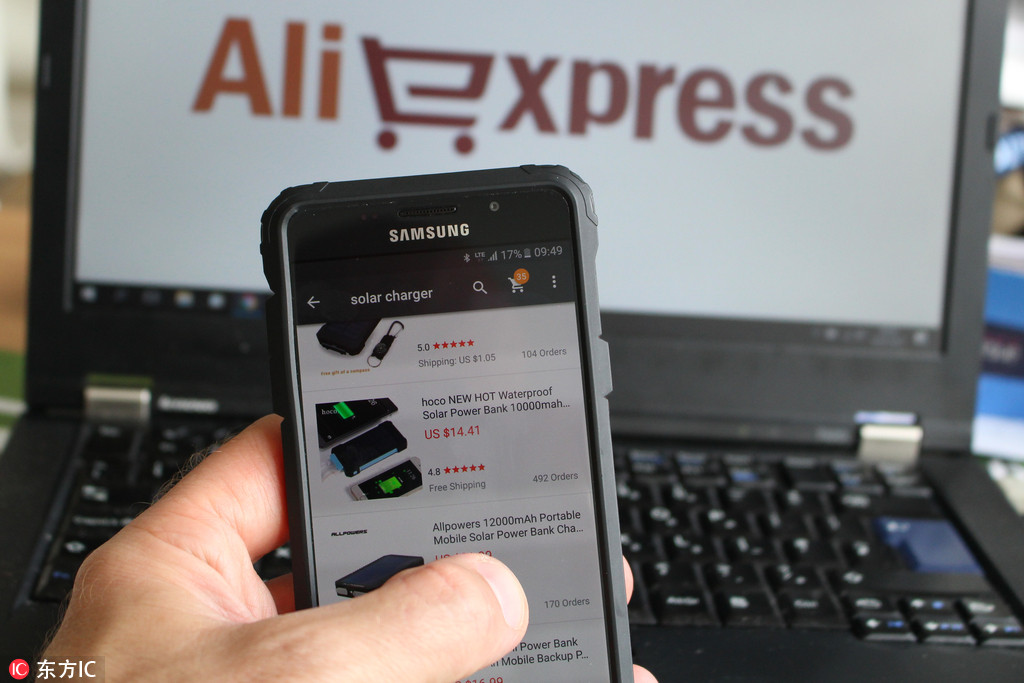
Legal experts have called for legislation covering emerging digital crimes, filling gaps in Chinese laws designed to meet the challenges of the agricultural and industrial eras.
As online businesses continue to boom, police and court officers are encountering new types of cybercrime, some of which have not been seen anywhere before, according to academics and lawyers.
The recommendation came at the 2018 Internet Law Conference held in Hangzhou, Zhejiang province, on Saturday and Sunday.
"In the information era, we should reflect on and reconstruct the Criminal Law, as legislation from past eras fails to constrain some types of new illegal behavior," said Liang Genlin, a law professor at Peking University.
Zhou Guangquan, a law professor at Tsinghua University, added that it can be hard to find appropriate charges in existing laws, or judicial interpretations, as some types of online crime have no traditional equivalent.
A list of 10 cases this year that fell into that category was released at the conference, which was co-organized by Zhejiang and Peking universities, tech companies Alibaba Group and Ant Financial Services, and the Zhejiang People's Procuratorate.
"These cases are intended to inform lawmakers and internet communities about new types of criminal offenses, to advance the study of legal theories and to provide models for cyberspace governance," said Gao Yandong, director of the Research Center for Internet Law, part of Zhejiang University's Guanghua Law School.
One of the cases listed involved a coder who created and sold software that automatically registers a large number of accounts on an online gaming website. The offender was convicted last month of providing software or tools to intrude or illegally control computer information systems in Lanxi, Zhejiang.
"The biggest harm of such an offense is that it can provide tools for people to commit crimes downstream, such as selling fake goods, sexually assaulting minors or creating click farms," Zhou said.
In another case on the list, eight people were jailed for fraud after buying personal data so they could hack user accounts on Tmall - Alibaba's online shopping mall - and steal 6.71 million yuan ($965,700) through fake transactions.
According to information presented at the conference, the gang members, all in their 20s, bought from their own online stores using hacked accounts to rack up bonus points, which users can exchange for discounts on goods, with Tmall covering the difference. The online stores received money from Tmall for each transaction using bonus points.
News website thepaper.cn reported that in the first 20 days of November 2015, 1.4 billion fraudulent transactions were completed.
The culprits received sentences ranging from eight to 12 and a half years at Nantong Intermediate People's Court in Jiangsu province in February.
"The significance of the case was that virtual property was confirmed in court as being property," Gao said. "It expanded the definition of property from physical objects in the industrial age to bonus points and accounts in the information age. And it can be data and information in the future."
 Others
Others
-

Like
(0)















I have something to say